The proposals, aim to strengthen Pakistan’s
medical device sector and transform the
country into a globally competitive hub
Staff Reporter
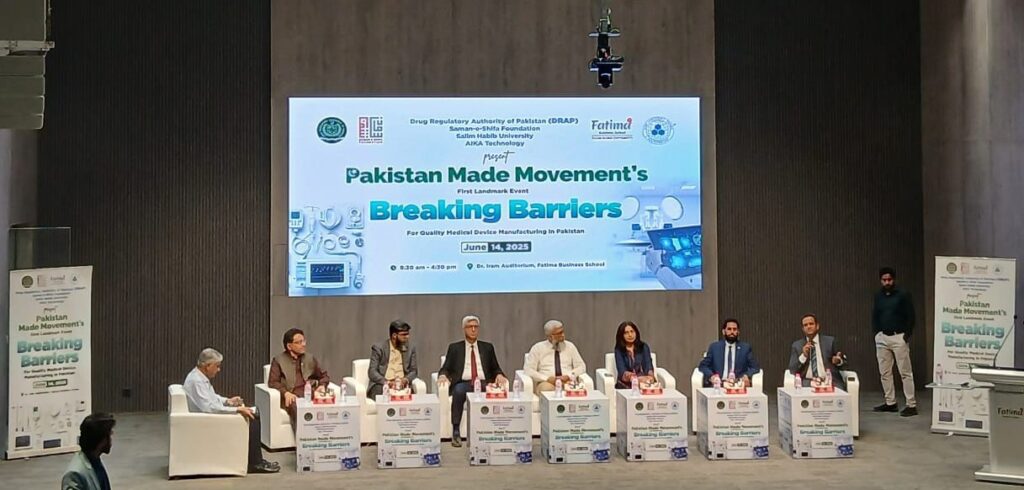
Karachi: The Saman-e-Shifa Foundation (SSF) and Salim Habib University (SHU) have submitted a detailed set of joint recommendations to Federal Minister for Health Mustafa Kamal and Special Investment Facilitation Council (SIFC) Secretary General Jameel Qureshi. The proposals, aligned with the Finance Bill 2025–26, aim to strengthen Pakistan’s medical device sector and transform the country into a globally competitive hub for medical technology.
The institutions appreciated the government’s recognition of the medical device sector as a driver of industrial growth, health security, and technological advancement. However, they stressed the need for a sharper strategic focus and coordinated execution of the policy framework.
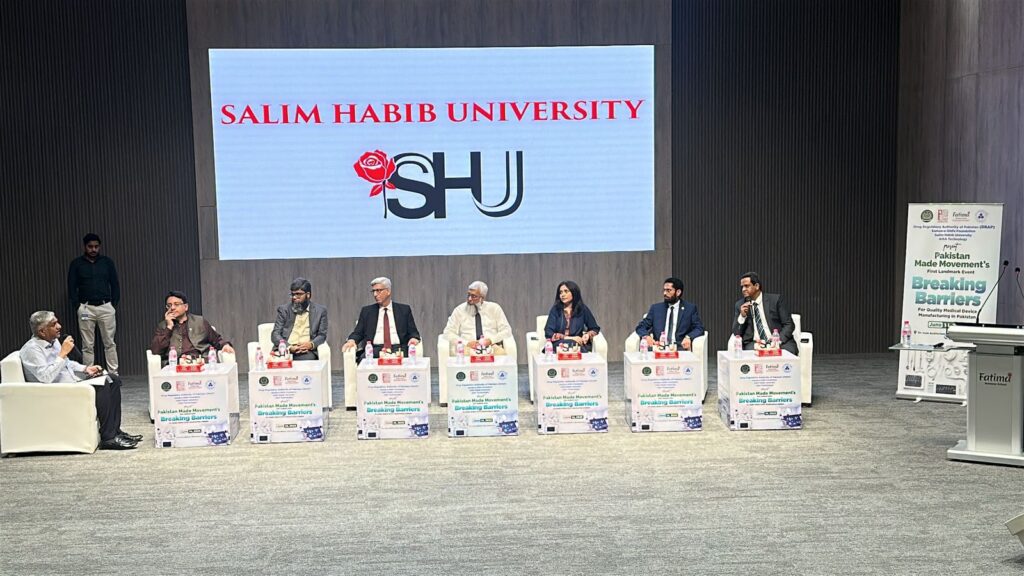
Key Proposals for Strengthening the Sector
Among the major recommendations is the creation of a National Medical Device Innovation Fund, designed to support research, development, and prototype manufacturing through grants and low-interest loans. The institutions also called for the rapid scale-up of existing local manufacturers and the development of a unified national branding strategy for “Made in Pakistan” medical devices to boost global competitiveness.
The recommendations urge the government to introduce a tiered incentive system for import substitution, prioritizing devices with higher local value addition and public health relevance. A mandatory “Buy Local” policy was also proposed for public healthcare procurement, ensuring preference for DRAP-registered, competitively priced domestic products.
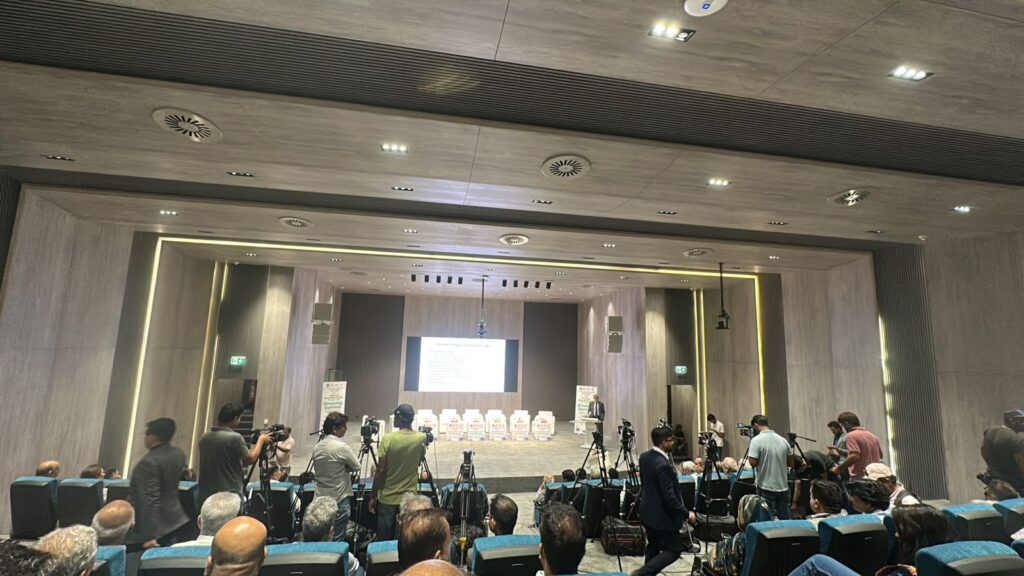
Incentives and Tax Relief
To support domestic manufacturers, SSF and SHU proposed the establishment of a comprehensive list of raw materials, sensors, and microcontrollers eligible for duty exemptions. Additionally, they recommended automating the zero-rating of sales tax for life-saving medical devices and ensuring the timely refund of input sales tax to ease cash flow challenges.
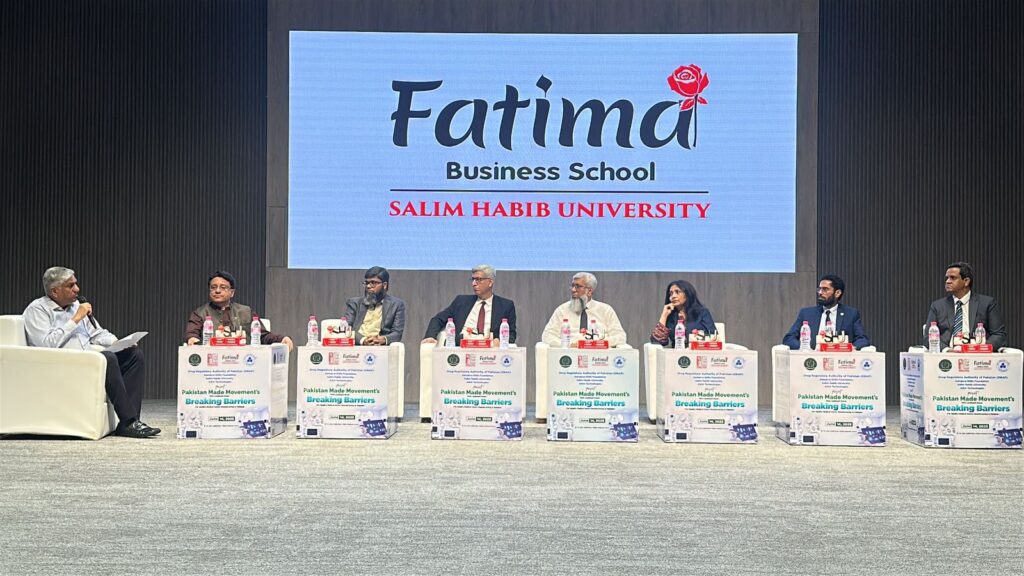
Investment in Infrastructure and Human Capital
The proposals include the allocation of PSDP funds for setting up health-tech laboratories, certification facilities, and incubation centers within universities. The institutions advocated for stronger industry-academia linkages, internship programs, and specialized training in areas such as quality assurance, regulatory affairs, and clinical trials. Incentives for the return of overseas Pakistani experts were also suggested.
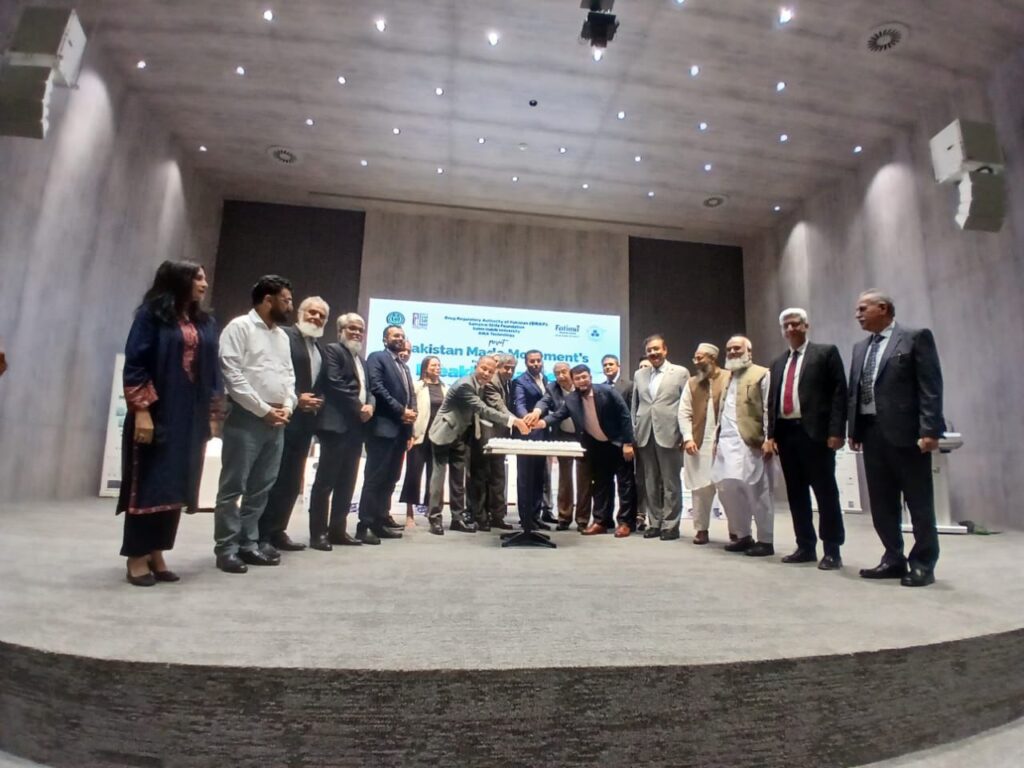
Export and Regulatory Support
To support exports, the institutions recommended establishing a dedicated export promotion desk under the Ministry of Commerce and TDAP. They proposed providing subsidies for international certifications like CE and FDA approvals. On the regulatory front, a Joint Regulatory Task Force involving DRAP, PSQCA, and MoST was proposed to develop a unified compliance pathway and minimize bureaucratic hurdles.
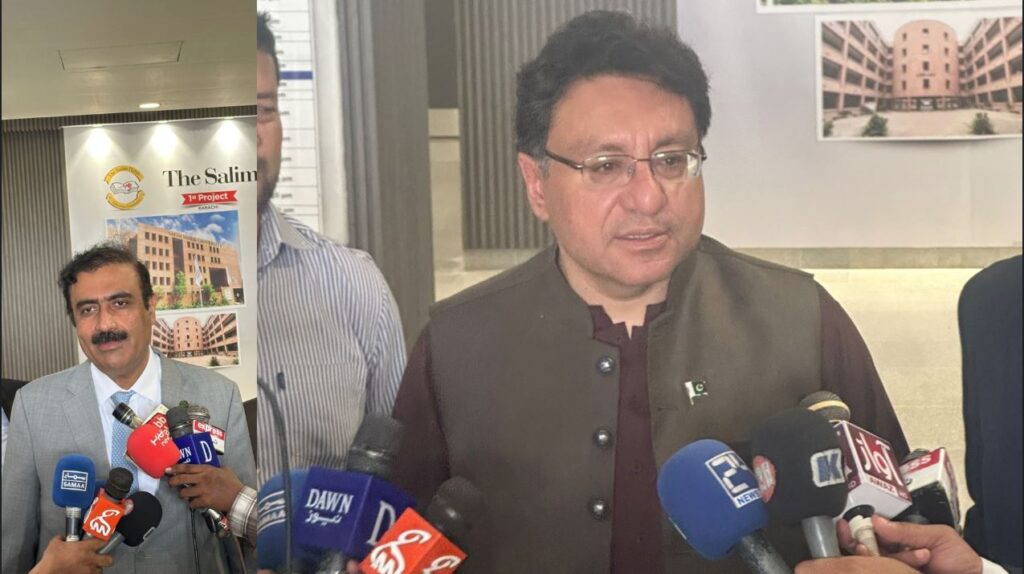
Call for a Joint Working Group
To ensure the timely implementation of these proposals, SSF and SHU called for the formation of a Joint Working Group. This body would include representatives from the Federal Minister’s Office, SIFC, SSF, SHU, relevant industry associations, and technical experts from DRAP, PSQCA, HEC, and TEVTA. The group would convene quarterly to review policy progress, address implementation challenges, and propose adjustments.
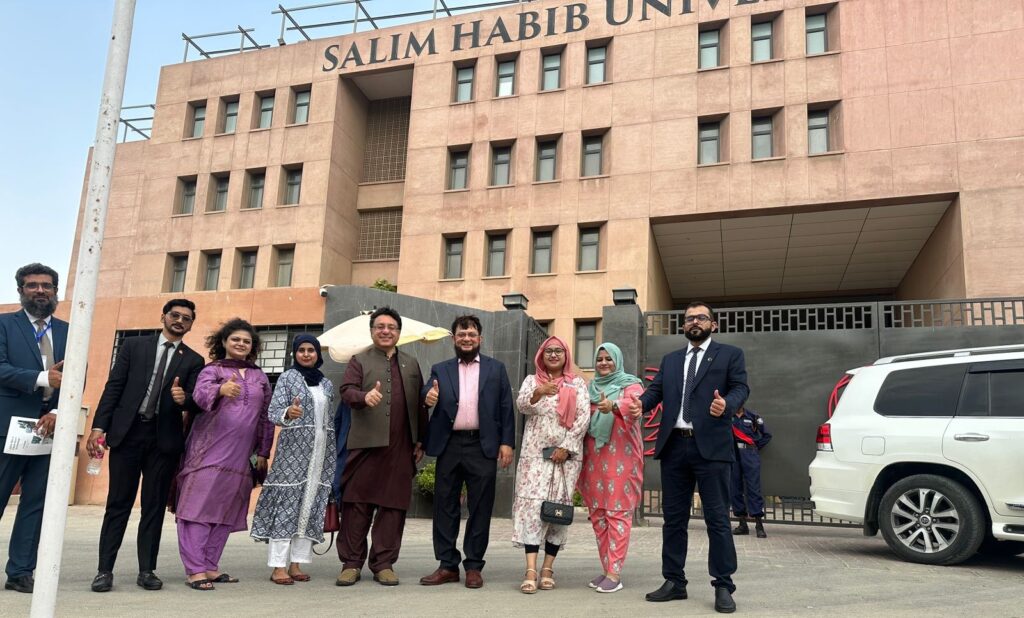
Conclusion
The Finance Bill 2025–26 provides a timely opportunity to strengthen Pakistan’s medical device manufacturing ecosystem. Dr. Salim Habib (Chairman, SHU), Dr. Iram Afaq (Chancellor, SHU), and the leadership of Saman-e-Shifa Foundation expressed their commitment to collaborate with all stakeholders in translating policy intent into tangible progress. They emphasized that through the adoption of these recommendations, Pakistan could emerge as a regional leader in medical technology and healthcare innovation.























